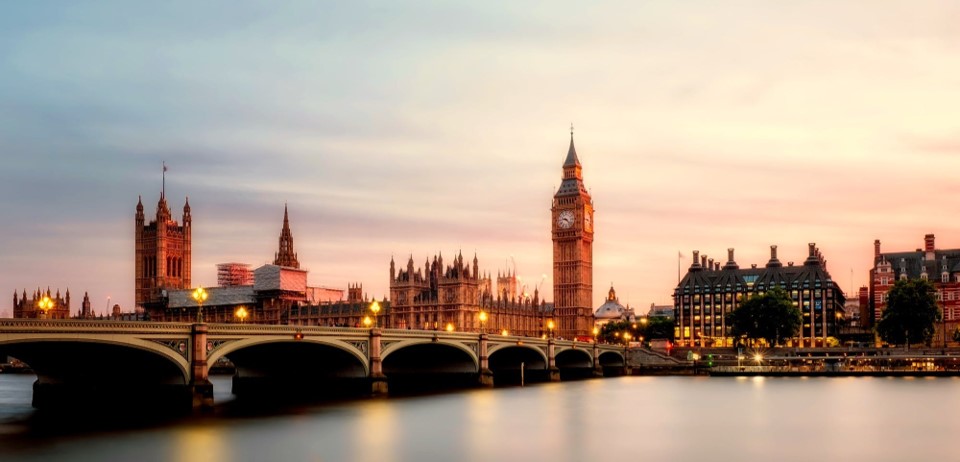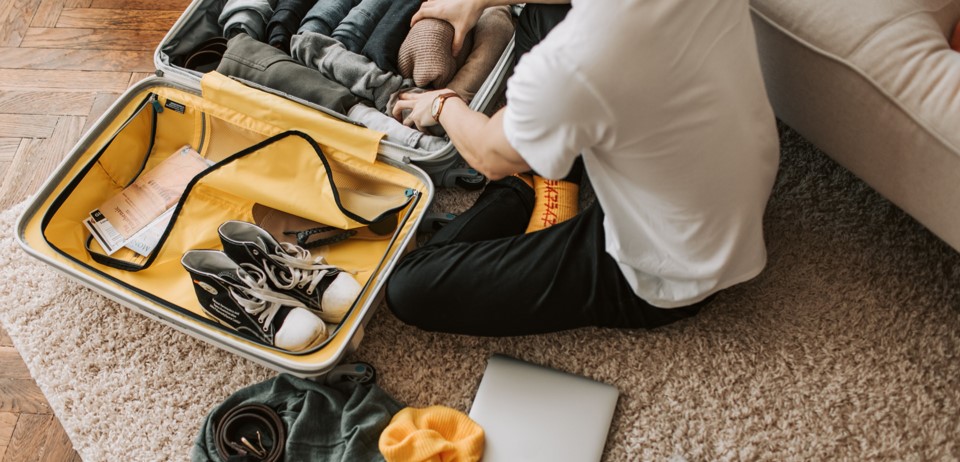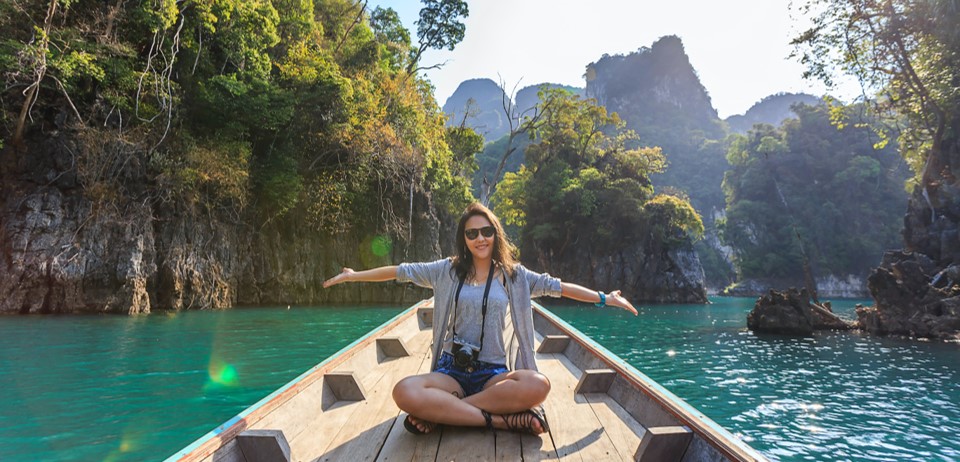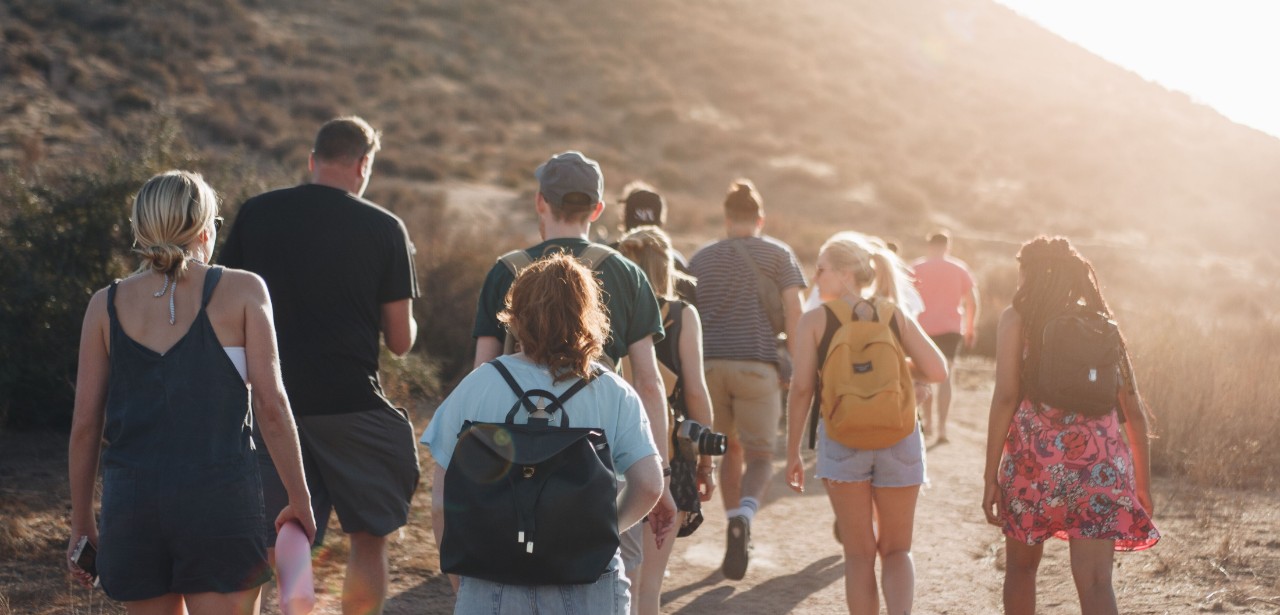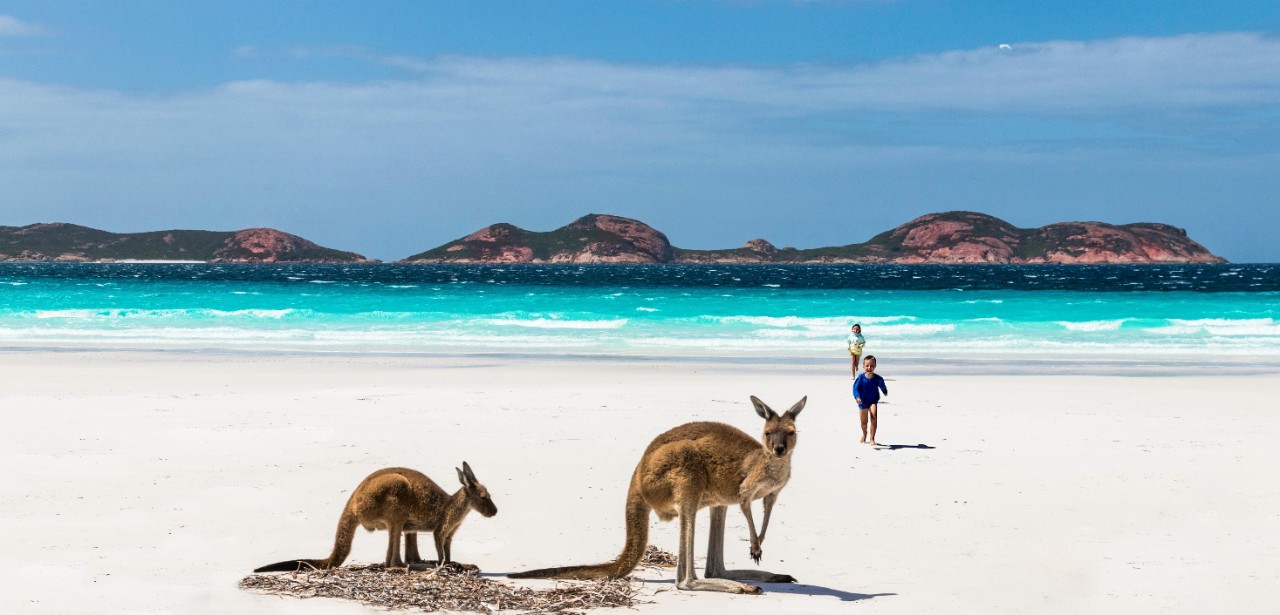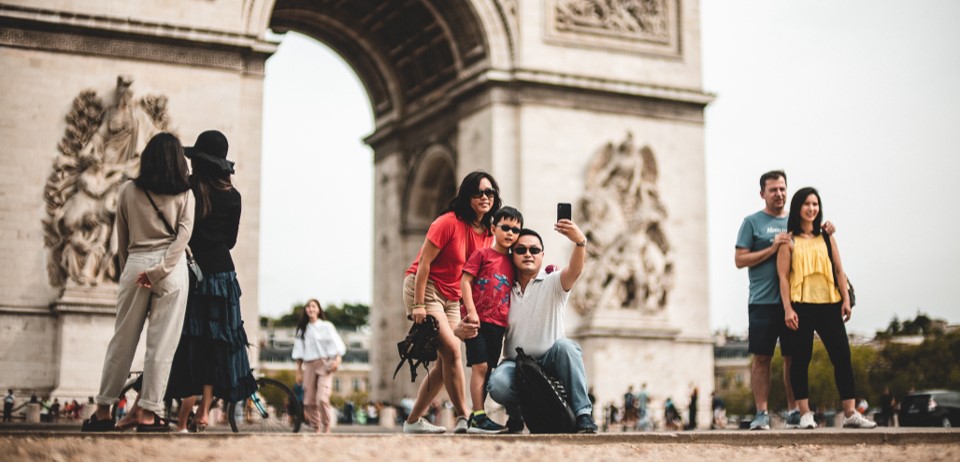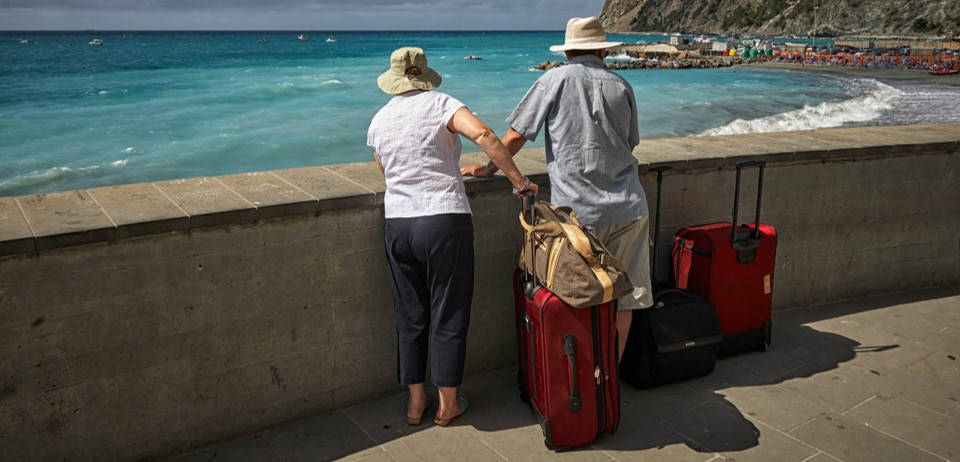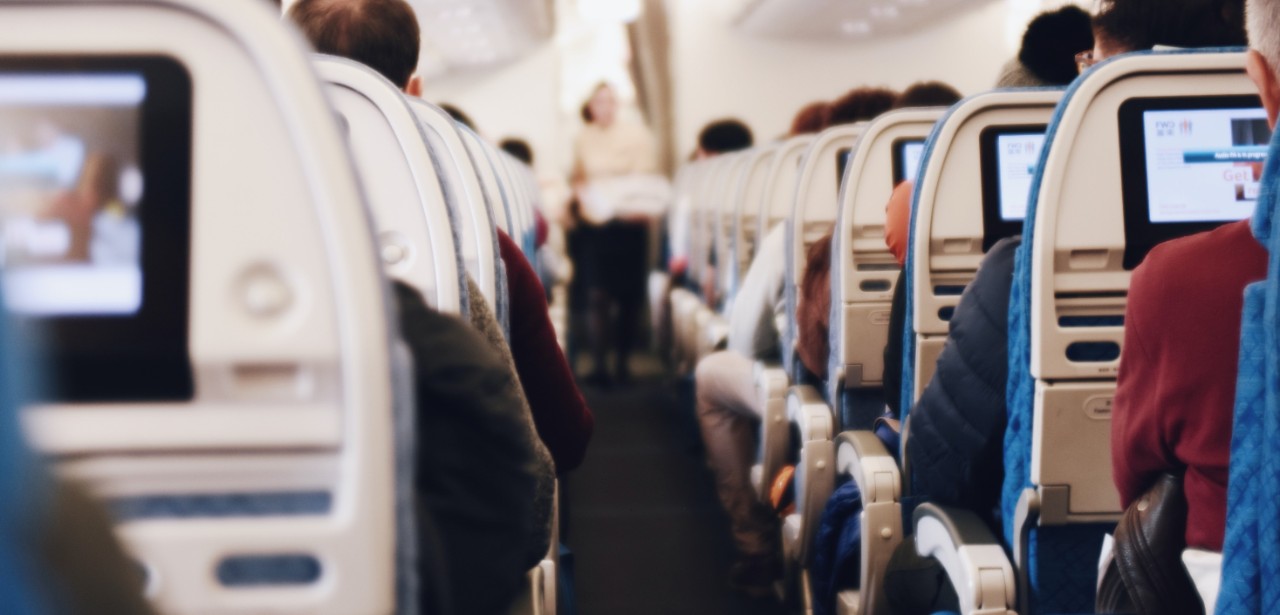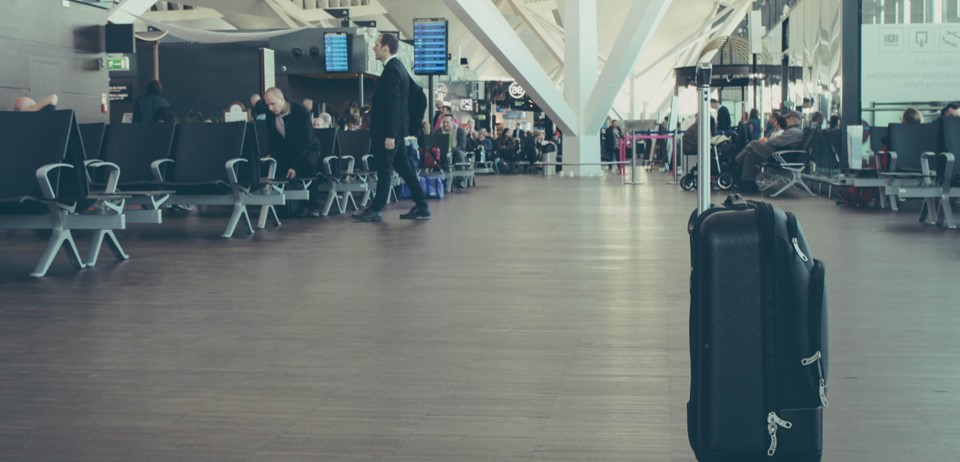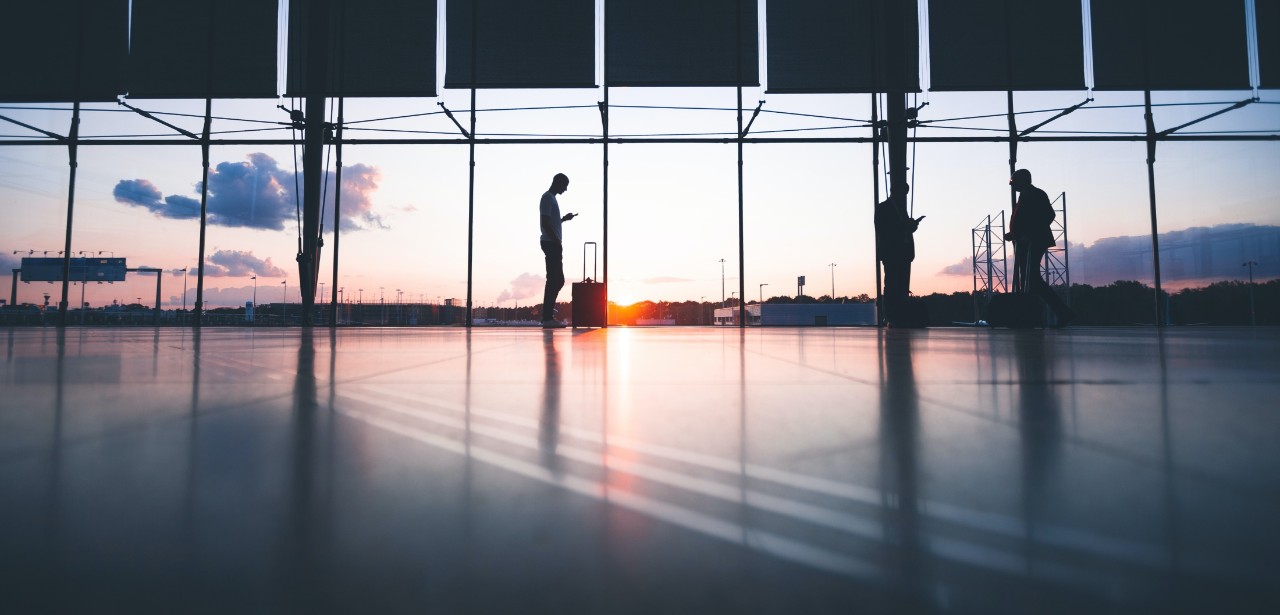Travel Insurance For Australia - What To Take Note of
Things To Consider Before Travelling To Australia

1. Visa Requirements
2. Accommodation
Hotels: If you're planning on staying in a hotel, make sure to book your room in advance as they can fill up quickly, especially during peak tourist season.
Motels: Motels are a cheaper alternative to hotels and can be found all across Australia.
Hostels: Hostels are a great option for backpackers and budget-minded travellers. They typically have dormitory style rooms with shared bathrooms.
Hostels: Hostels are sometimes thought of as the residences of backpackers and young people traveling about, but many boutique hostels provide guests with private rooms, making them ideal for families and individuals on a budget.
Airbnb: This can be a great option for finding unique places to stay, such as apartments, houses, and even treehouses! However they might be more expensive than hotels - costing at least $200++ per night.
3. Travel Insurance For Covid Coverage in Australia
From July 6 2022,People entering Australia do not need to provide evidence of vaccination status, and it is not necessary to complete the Digital Passenger Declaration or Maritime Travel Declaration.
Unvaccinated visa holders do not need a travel exemption to travel to Australia.
Masks are still required on all Australian-bound flights.
Remember that air carriers, boat operators, and other nations may have their own standards that travellers must follow.
Still, it is still advised that you get covered by a travel insurance policy that offers Covid-19 coverage. This way, you can have peace of mind knowing that you are protected in case you contract the virus while abroad.
Useful Information About The Country - Australia
Australia Guide
Information about Australia
Spring – September to November
Summer – December to February
Autumn – March to May
Winter – June to August
While Travelling In Australia:
1) Getting Around
Renting a car and driving around Australia is a great way to see the country. Roads are generally in good condition, although there can be some traffic in larger cities. Rest areas and service stations will be found at frequent intervals during long journeys. Car rental agencies may be found near major airports and downtown destinations, so hire a car, 4WD, or caravan and head out on the highway.
The transportation options are reasonably priced and will get you to all of the major sights without the problem of locating parking. Some services, such as Melbourne's City Circle Tram, are completely free! In Sydney, there are restrictions on weekly transport costs, so you will never pay more than the maximum weekly charge no matter how frequently you utilize the transportation system. Buses, metros, trains and trams can accommodate prams and other accessibility needs, making them a fantastic choice for transport.
2) Food Safety
3) Healthcare in Australia
Medicare is the public healthcare system in Australia. Healthcare services in Australia are paid for by the Australian Government and by private health insurance.
For Australians, Medicare provides subsidised or even free cover for certain healthcare services. Medicare does not cover all required treatments. It goes to the doctor and some prescription drugs as part of public hospital services. It does not include things such as private hospital procedures, ambulance services, and extra services like eyeglasses, dental treatment, and natural cures. This is why so many Australians purchase private health insurance.
The World Health Organization ranks Australia's healthcare system as the 32nd most efficient in the world. Australian healthcare includes first-rate hospitals and clinics, as well as cutting-edge diagnostic and testing technologies. However, due to the country's vast size, providing medical care in Australia has its difficulties. Patients in rural and remote areas have fewer health treatment alternatives than those who live in cities.
Expatriates in Australia who are not permanent residents are responsible for their own health-care expenses. This includes expatriates on most work visas living in Australia. People going to Australia should have their own private international health insurance policy that covers healthcare expenditures.
4) Adventure Sport
Travel Insurance Catered to Different Needs
For one-off trips
Single trip plan is suitable for an occasional traveller or those who are looking for a short getaway
For family trips
Family plan provides cover for you and the members of your family who travel with you on your journey (maximum of 2 adults)
Help is just a phone call away
For 24/7 Emergency Assistance during your trip
Please call +65 6995 1118
For claims enquiries
Call: +65 6327 2215
Mon – Fri, 9:00 - 17:30 Singapore Time
e-mail: sg.travelhelp@allianz.com
For customer service
call: +65 6327 2210
Mon – Fri, 9:00 - 17:30 Singapore Time
e-mail: sg.travelhelp@allianz.com











